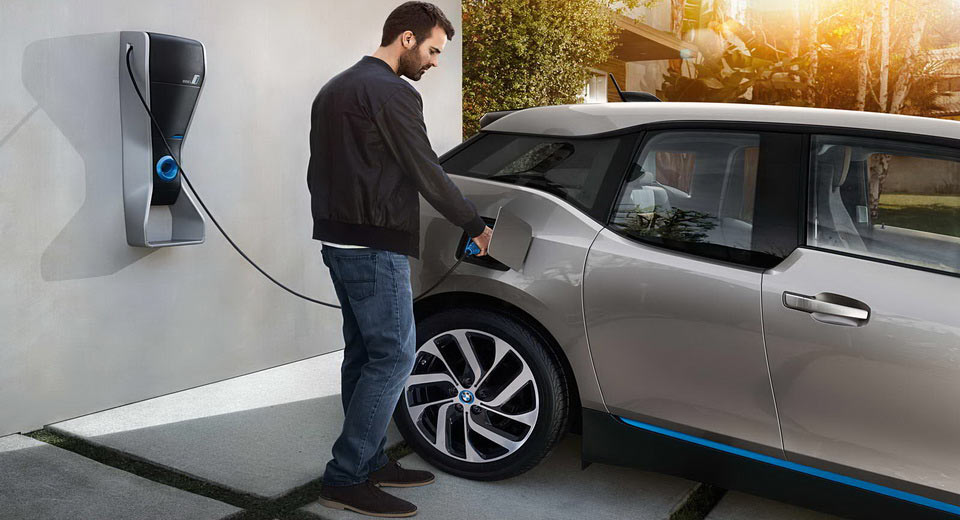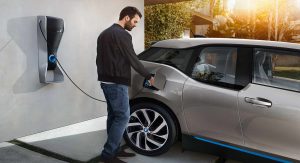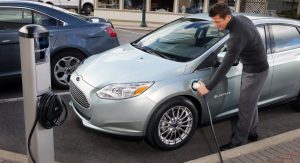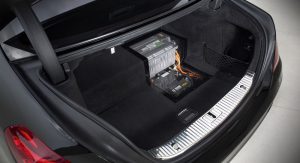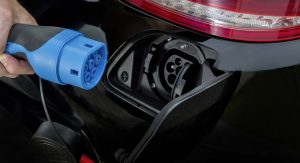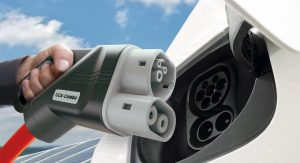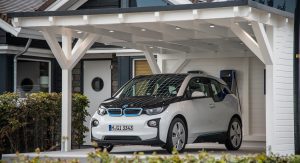According to scientists, a plastic based on soft contact-lens tech could help electric vehicles by letting them recharge in seconds and travel long distances without stopping.
Researchers at the University of Surrey in England have been working on a polymer that might dramatically boost the performance of supercapacitors – lightweight electronic components that store and distribute high volumes of power.
“We believe that this is an extremely exciting and potentially game changing development,” said Ian Hamerton, the man who tested the tech at Bristol University’s Department of Aerospace Engineering.
To further prove the validity of such claims, it was Elon Musk himself who back in 2011 said that supercapacitors would ultimately deliver a breakthrough for electric cars, not batteries. Supercapacitors are already providing bursts of energy for trains and buses in some parts of the world, as reported by Autonews.
With that in mind, it’s possible that in the future, these supercapacitors could help EVs travel similar distances to gasoline-powered cars, recharging in just seconds instead of hours.
The goal right now is to increase density of supercapacitors by anywhere between 1,000 and 10,000 times, thus improving on their current energy density of about 5 watt-hours per kilogram. In present time, this pales in comparison to the 100 watt-hours of lithium ion batteries or the 2,500 watt-hours per kg of gasoline-powered cars.
“If it’s 1,000 times more powerful, you can use it for buses. If it got to 50 watt-hours, it would do general transportation. Anything above that is just blue sky. If this only translates into something 10 times better, that’s still huge,” explained Augmented Optics CEO Jim Heathcote.



